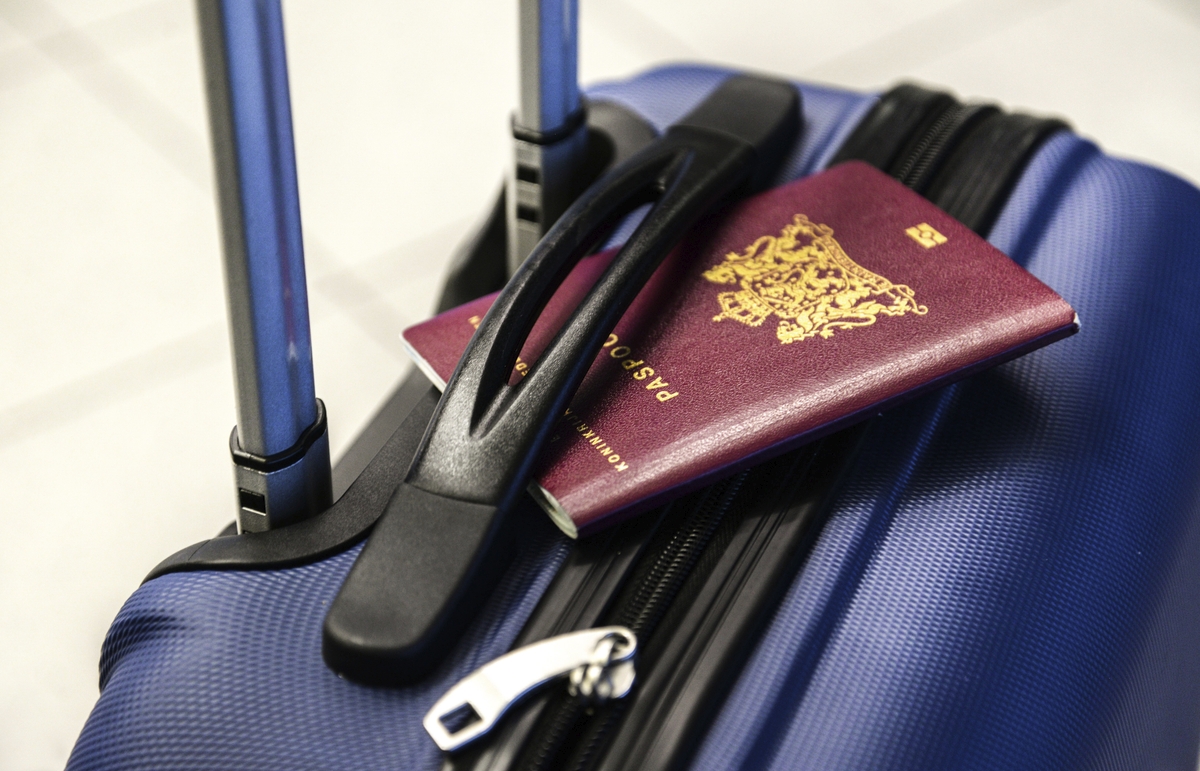A bill that would allow illegal immigrants to apply for a green card after staying in the country for seven years was introduced by House Democrats in the United States.
Titled “Renewing Immigration Provisions of the
Immigration Act of 1929”, the bill can create a path to citizenship for about 8 million documented and undocumented immigrants just by updating the existing registry law. According to the
Voice Of America (VOA), “There is no specific date being suggested. Instead, House Democrats are proposing that applicants would have to have lived in the U.S. for seven years to become eligible, creating a rolling registry that allows new people to apply every year”.
The bill, introduced by California Democratic Reps. Zoe Lofgren, Lou Correa and Norma Torres, New York Democratic Reps. Adriano Espaillat and Grace Meng and Rep. Jesús García (D-Ill.), would change a line in the Immigration and Nationality Act known as the “registry”, put in a halt since 1986.
Democratic Representative Zoe Lofgren, the author of the bill and chairwoman of the House Judiciary subcommittee on immigration, said the registry has been part of immigration law for almost 100 years and it “will make our immigration system fairer and our country stronger”, according to
The Hill.
The main sponsors were joined by a total of 46 Democrats supporting the bill.
Currently, it is very difficult for immigrants to legalize their status in the registration process. Today the person must prove that he lives in the United States since January 1, 1972, which is more than 50 years ago.
“Some groups, such as the libertarian
Cato Institute, have long called for a rolling registry like the one proposed in the Democratic bill, taking the burden off Congress to update the registry and using the same logic as the statute of limitations in criminal law. The adjustment of the registry date to 1972 came in 1986 as part of former President Reagan’s immigration amnesty that gave a path to citizenship to around 3 million undocumented immigrants”, as reported by The Hill.
Since that context, the term “amnesty” has gained a negative aspect over the years, under the influence of anti-immigration groups that began to blame many of the country's ills on the presence of foreigners. Thus, the registration date remained unchanged. However, as stated by the VOA, “Jorge-Mario Cabrera, director of communications for the Coalition for Humane Immigrant Rights of Los Angeles, said the bill is not amnesty and does not change the law itself. It only amends the cutoff date system”.
The idea of updating the registry was renewed in negotiations in 2021 over President Biden's “Build Back Better” Act (B3W), when García, Correa and Espaillat threatened to withhold their votes unless a version of immigration reform was included in the bill, however, the initiative failed in the Senate.
“If the registry bill passes the House, three-fifths backing in the Senate will be necessary to reach Biden’s desk. It could conceivably be combined with other immigration reform initiatives on Capitol Hill that currently have bipartisan support, such as the Farm Workforce Modernization Act. That bill, which would provide a path to legal permanent residency for undocumented agricultural workers and their family members, passed in the House and has some Republican support in the Senate”, according to the VOA publication.
 rawpixel.com
rawpixel.com











